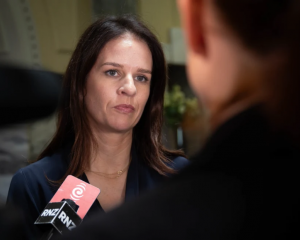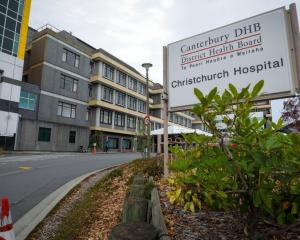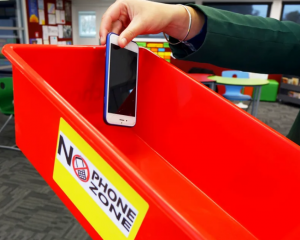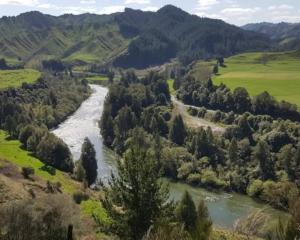A whale rescue expert is dumbfounded conservation department crews weren't stationed earlier at the site of today's mass stranding at the top of the South Island.
A stretch of one of the country's most beautiful beaches has become a graveyard as more than 300 pilot whales lie dead on the sand. The remaining 100 who survived the night are at the centre of a major rescue operation which is now likely to stretch into the weekend.
The Department of Conservation said it received a report a pod looked like it might beach at 8pm yesterday. Project Jonah and the local community was alerted about the possible stranding and scores of volunteers were mobilised at first light to try and save the stricken mammals.
Today, DOC Golden Bay Operations Manager Andrew Lamason defended the response, saying staff did not arrive at the site until 5.30am because it was too dangerous to work with whales at night.
But former New Zealand Whale Rescue coordinator Steve Whitehouse, who has attended more than 2000 strandings, said that was nonsense.
"I can honestly say I have been out there hundreds of times at night.
"Like anything there is a danger but you can mitigate the risks and if you know what you're doing and you know the risks you can work towards it."
Meanwhile, scores of rescuers are preparing for the long haul as they wait to see if any of the surviving pod has managed to make it out of the spit after this morning's high tide.
Mr Lamason said it appeared the refloated whales were swimming in the wrong direction and heading back into the bay.
He said they would not have another chance to refloat the whales until tomorrow's high tide as it was considered too dangerous to try a rescue at night.
In the meantime volunteers would help DOC staff care for the stranded whales throughout the afternoon and do whatever they could to keep them comfortable, he said.
Hundreds of people have responded to a call for volunteers.
The Interislander ferry this morning offered free passage on its afternoon sailings for certified marine mammal medics headed to the rescue operation.
Project Jonah said 75% of the whales were dead when rescuers arrived at first light.
The whales had stranded on the inside beach of Farewell Spit, 1km from Triangle Flat, near Puponga.
Rescue efforts were focusing on refloating the remaining 100 live whales at high tide at 10.30am.
Specialists from Massey University would be doing necropsies on some of the dead whales later today.
It's the third largest recorded whale stranding in New Zealand since the 1800s. A thousand whales were stranded on the Chatham Islands in 1918 and 450 in Auckland in 1985.
Comments
I totally disagree with Mr Whitehouse's comments regarding DOC being active during Thursday night. DOC did the best they could as soon as they could. I was the person who actually first saw the whales swimming about offshore from Puponga at 8.00pm on Thursday and I immediately alerted DOC that there were pilot whales swimming in the bay. By darkness the whales were still swimming offshore from the inner beach at Farewell Spit and had not beached themselves. To their credit, DOC immediately set in motion the logistics for a possible stranding so that by first light on Friday they and Project Jonah were on the scene but had unfortunately confirmed that a stranding had occurred during the night. They could not have acted any faster following my sighting late on Thursday evening. Perhaps Mr Whitehouse is simply miffed that his organisation was left out of the notification of a possible stranding here. Sometimes these whales swim about for a day or more before actually stranding themselves so for DOC to do anything before daylight came on Friday would have been both dangerous to people and whales and would have involved a large amount of guesswork.












